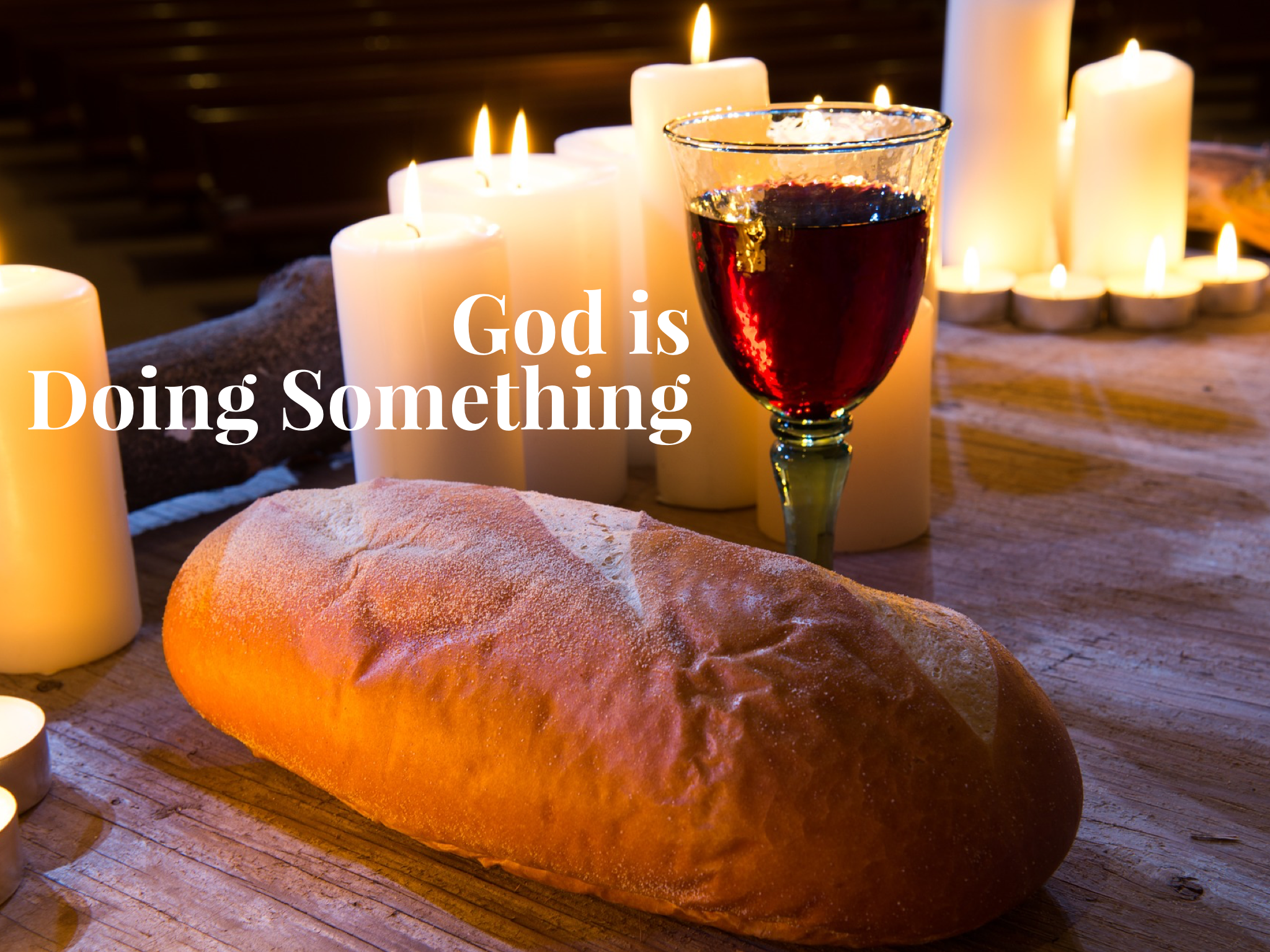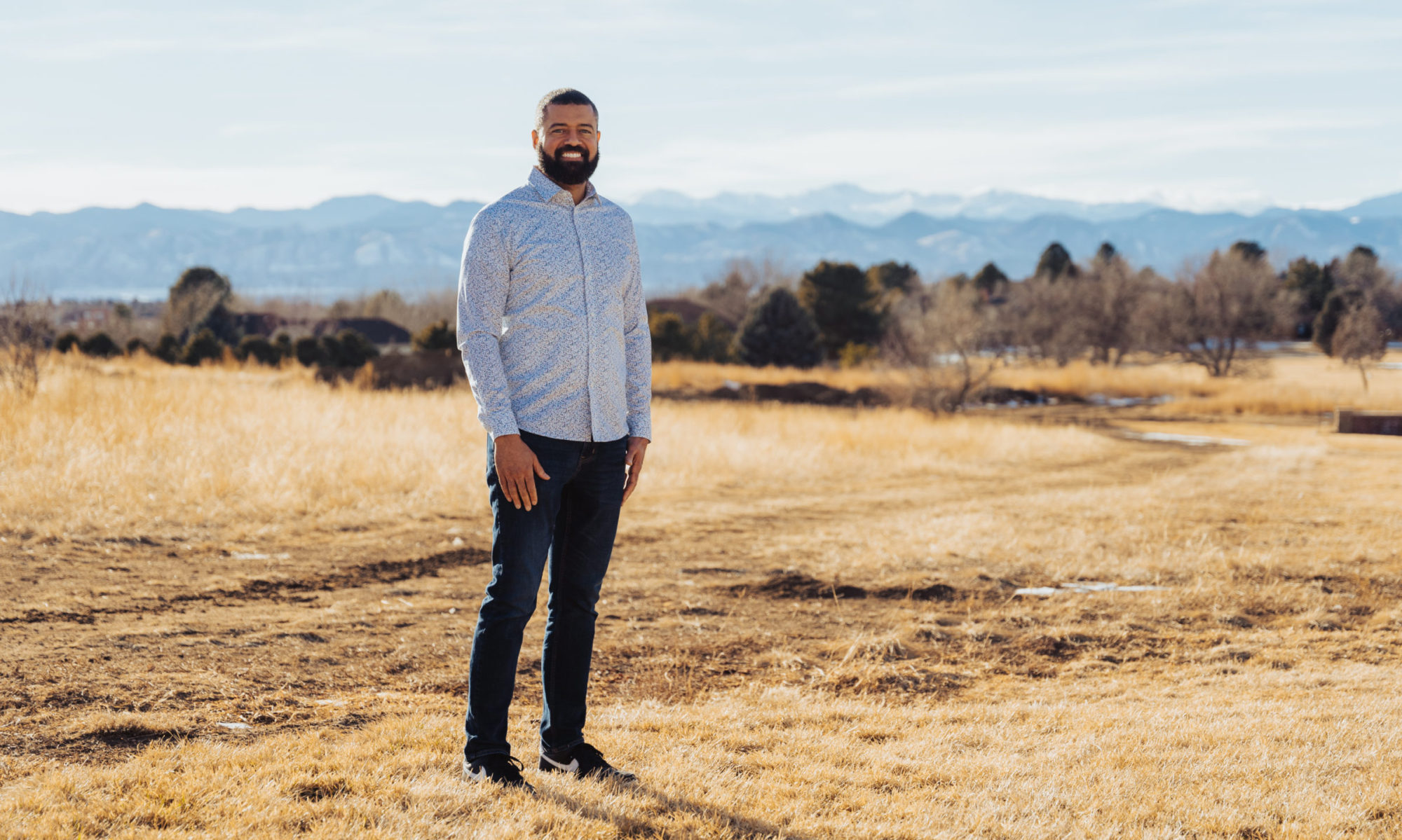 Do we receive grace from God through sacraments? In this blog, I comment on three quotes from John Mark Hicks regarding the gathered church, communion, and baptism.
Do we receive grace from God through sacraments? In this blog, I comment on three quotes from John Mark Hicks regarding the gathered church, communion, and baptism.
“Since sacraments involve external, created objects (e.g., bread and wine), some have rejected a sacramental understanding on the ground of their physicality. Nothing external or physical, one might argue, can mediate the spiritual” (Hicks, Sacramental Theology).
This was one of the reasons that I would have rejected the term “sacrament” to describe anything that happens in baptism. I also wouldn’t have chosen to describe communion as sacrament, nor the assembly. This was easily too catholically or denominational, thus it was wrong. The irony is that all three (baptism, communion, and assembly) are physical, tangible activities. I thought God did something during baptism but the Lord’s Supper was for simply remembering the crucifixion of Jesus in quiet reflection. The physicality of the old testament worship was a shadow of the spirituality in the new testament.
“The material signs point to something. Just as baptism signifies the death and resurrection of Jesus, and the table signifies the presence of Christ eating with his disciples, so the assembly signifies the heavenly assembly around the throne of God” (Hicks, Gathered to God, 10).
Our assemblies are an opportunity to receive a grace from God. They are not a time set aside in the week to worship correctly. It is not just a time for us to give God something. In other words, the assembly is not a one-way street. God is doing something in the assembly. He is transforming us into the image of his son. He is accomplishing this through the Spirit and the great cloud of witnesses. The gathered local church together bears witness with the global church and the cosmic church.
“Transformation, then, was more important than baptism and this is precisely because baptism served the goal of transformation and was not itself the goal. Campbell led believers down in the river to experience the assurance of God’s gracious forgiveness as part of God’s transforming work, but some of his theological descendants went down in the river to draw a line in the sand. They turned baptism into a legal technicality rather than a divine work of transforming assurance” (Hicks, Enter the Water, Come to the Table, Kindle Location 1473-1475).
Baptism serves as part of the salvation/transformation process. I am not willing to be trapped by questions such as, “what is the exact ‘point of salvation?’” When a person’s nose breaks the plane of the water? If someone were on their way to be baptized and a car hit them would they still be saved? If someone were getting baptized in a creek and an alligator bit they’re head off while submerged, would they be saved? These are real questions, seriously. Some have used these types of questions to go beyond what the bible teaches about baptism. They are examples of misguided follow up discussions when baptism is reduced to a legal technicality.
What are your thoughts about the assembly, communion, and baptism?
Please subscribe, share, and leave a comment below! Thanks for visiting!
Jovan preaches for the Littleton Church of Christ near Denver, Colorado. Visit here to listen to sermons preached at the Littleton Church.

Thanks Jovan!
As to the point of salvation, I would argue A.D. 33 (exact date is not the point) just outside of Jerusalem. In RECEIVING baptism as God’s gracious offer, we are connected to the point of our salvation, the death, burial, and resurrection of Jesus as we die with Him, buried with Him, and raised with Him. This is grace from beginning to end.
As to the Lord’s Supper, since I am convinced of the real presence of Jesus at the supper and that we really partake of Him, that is His nature (not His literal flesh and blood), I have no difficulty with the word “sacrament” as a sign of God’s real grace.
As to the assembly, preaching the gospel is a sacramental act (1 Corinthians 15:1-11-note Paul’s connection of preaching and salvation). Although the context is church discipline, Paul describes the assembly as, “when you are assembled…the power of our Lord Jesus is present…” That suggests that the assembly is far more than a get together, unless we mean getting together in a deeply profound sense with our Lord.
Our historic reluctance to use religious/theological terms has often resulted in reducing profound encounters with God and His grace to purely human events: baptism and the Lord’s Supper are seen as merely what we do; For whatever issues we may have with the word “sacrament,” at least it points us beyond ourselves to the real and gracious presence of the Father, Son, and Spirit.
Thanks commenting Tim. Yes, salvation has an objective event, the cross of Christ. It becomes a reality to those who express their trust in Christ through repentance and baptism. Salvation is process beginning with the cross until the believers last breath.
Amen! Since the John Mark quote refers to Campbell, a reading of his “Lunenburg letter” is instructive .
(http://www.outrageouscampbellite.com/The-Lunenburg-Letter.html)
I don’t know if you’ve seen my booklet on baptism. Before you came, I used it in an adult class and the church office had it at one point. At any rate, I’ve attached it. Feel free to read or zap.
Tim Kelley
On Tue, Mar 7, 2017 at 3:55 PM, Jovan Barrington wrote:
> jovanbarrington commented: “Thanks commenting Tim. Yes, salvation has an > objective event, the cross of Christ. It becomes a reality to those who > express their trust in Christ through repentance and baptism. Salvation is > process beginning with the cross until the believers last breat” >